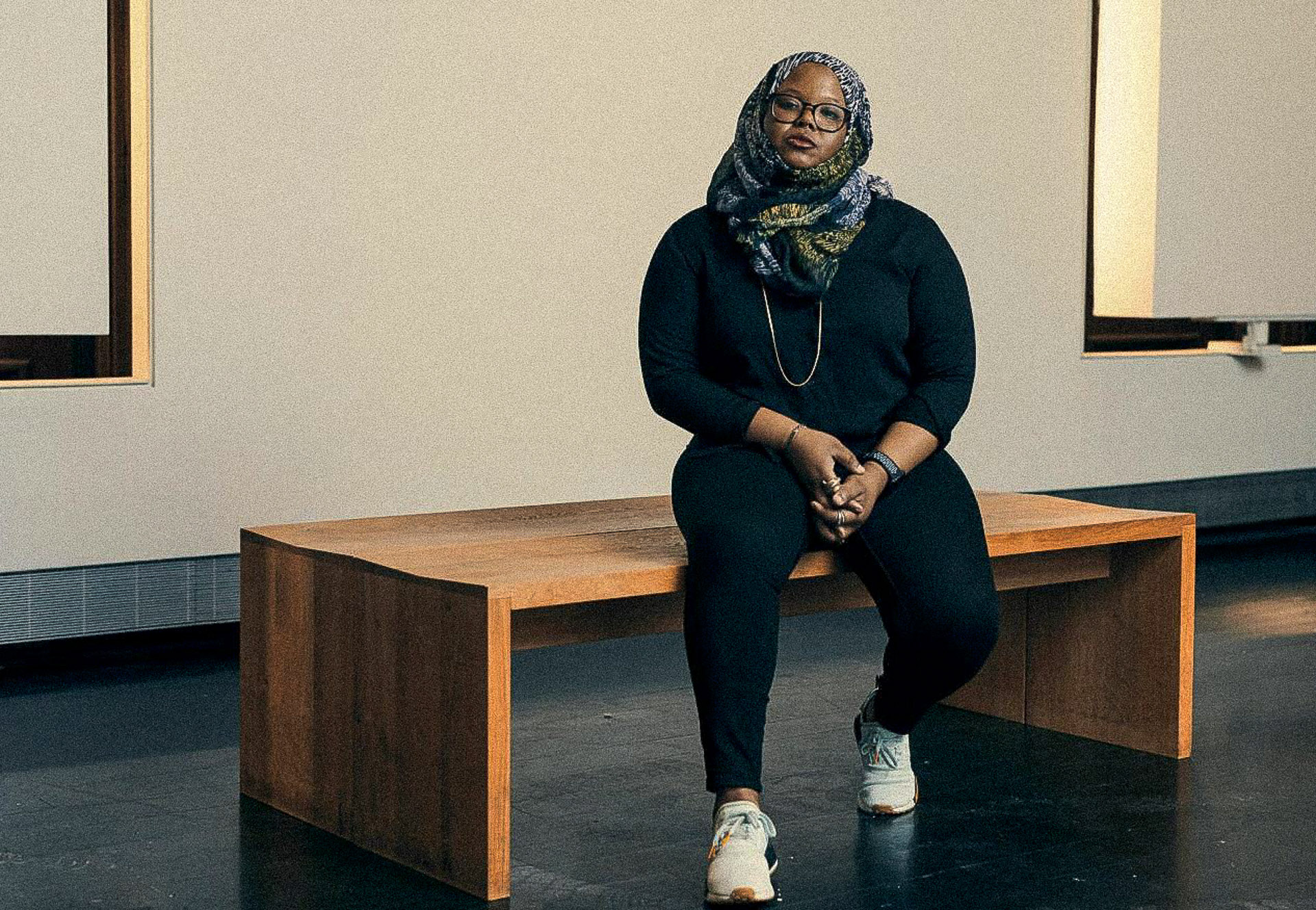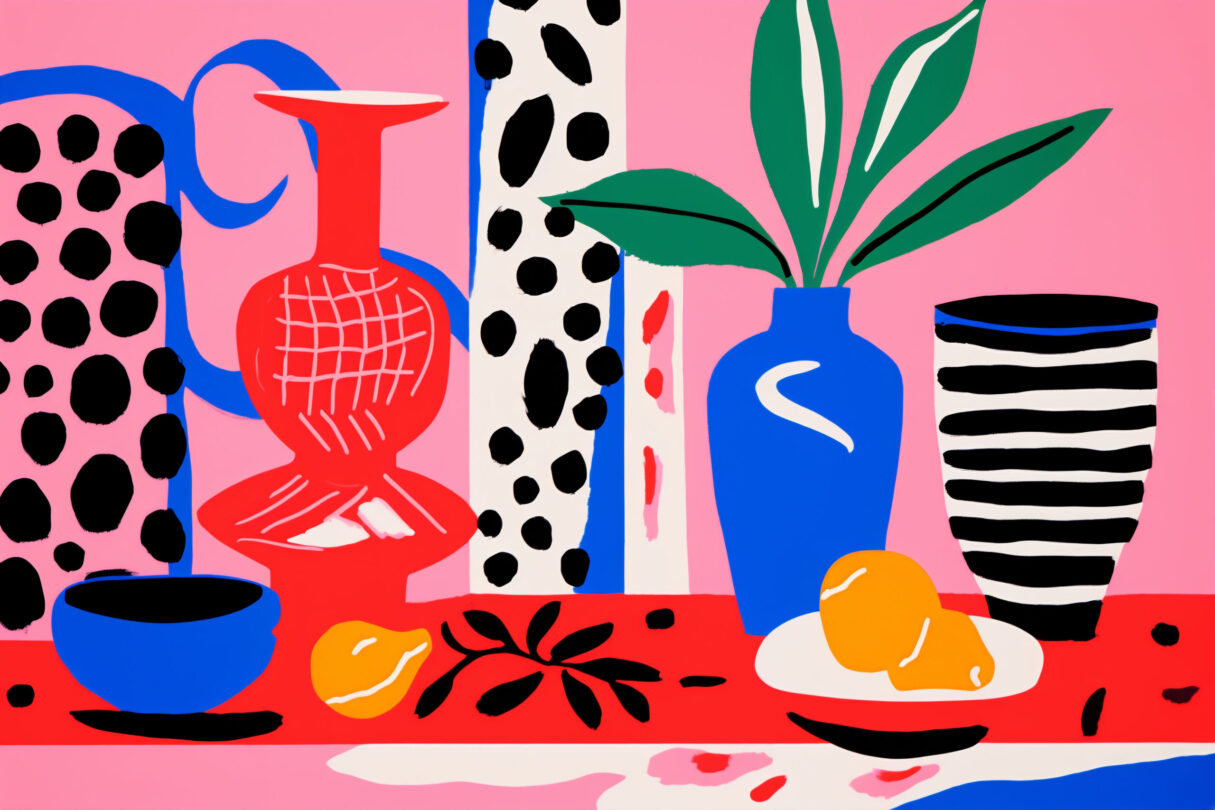Kameelah Janan Rasheed (*1985, US) is an interdisciplinary artist based in Brooklyn, NYC. In her artistic practice Rasheed focuses on topics such as intertextuality, illegibility, Black storytelling, and Islamic mysticism. She works with language to explore the potential of incompletion, illegibility, and mutability. Each works she has created is a revision and annotation of her other works. The artist is also the founder of Mapping the Spirit, a digital archive that documents how Black faith lives, shifts, and self-revises.
The Power of the contradictatory
The jury justifies its choice from a total of nine nominated artists as follows:
“In her artistic research, Rasheed examines the material nature and legibility of text. Working with a range of texts culled from a trove of literary and scientific sources, she deconstructs and reconstructs the meaning of individual words by experimenting with their scale and connotations, as well as their syntax and punctuation. Rasheed turns textual excerpts into fragmented collages. Displayed either drawn or printed onto the wall of an exhibition space, presented on billboards, arranged into publications, or recited live at lecture-performances.
Through her reworking of text, Rasheed bridges the poetic and the political, exploring the complications, the small slippages, and the possibilities whih are embedded in language. Her main interest is to find new ways of producing meaning. But also to question how we read and understand or how we ourselves want to be read and understood.
A decisive part of Rasheed’s artistic research is dedicated to the challenge of hegemonic knowledge systems and the dissection of their inherently oppressive power structures. Her practices can be regarded as an invitation to viewers to learn and unlearn. As well as probing ways of how this process can be achieved in a collective setting. Rasheed’s work is characterized and informed by her engagement with local communities. She seeks to define a new collective and empowering mode of knowledge production, one that is oftentimes conceived and produced outside of the art institution.”
The jury: Krist Gruijthuijsen (Director, KW Institute for Contemporary Art, Berlin), Clara Herrmann (Director, Junge Akademie, Akademie der Künste, Berlin), Charlotte Klonk (Professor of Art and New Media, Humboldt University Berlin; member of the Foundation Council of the Schering Stiftung, Berlin), Nontsikelelo Mutiti (artist; Director of Graduate Studies in Graphic Design, Yale School of Art), and Sinthujan Varatharajah (researcher and essayist).
Schering Stiftung Award for Artistic Research
The Schering Stiftung Award for Artistic Research has grown out of the Schering Stiftung Art Award, which from 2005 until 2018 was presented every two years to international artists. Former award recipients include Cornelia Renz (2005), Nairy Baghramiann (2007), Renata Lucas (2009), Wael Shawky (2011), Kate Cooper (2014), Hiwa K (2016), and Anna Daučíková (2018).
The award was redesigned in 2019 in cooperation with the Senate Department for Culture and Europe, which in 2020 had launched a funding program for artistic research that has received much attention across Europe. As a joint initiative combining public and private funding, the award aims to honor pioneers in the field of artistic research. The first Award for Artistic Research was given to Rabih Mroué in 2020.


















